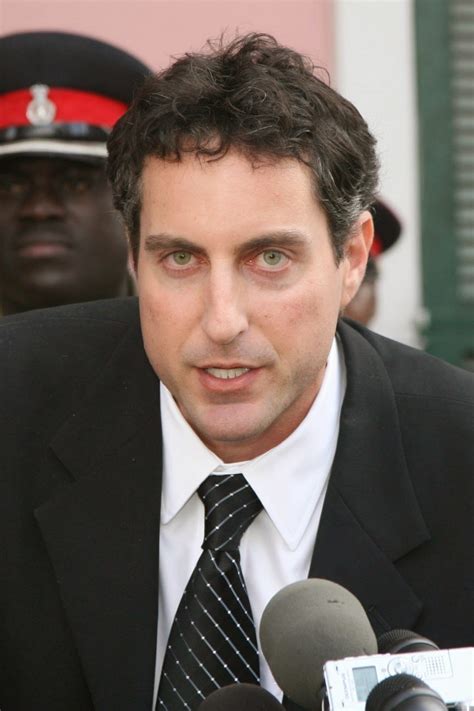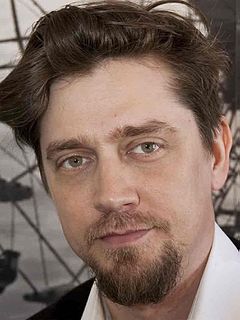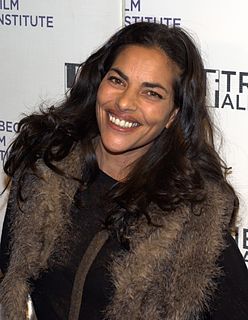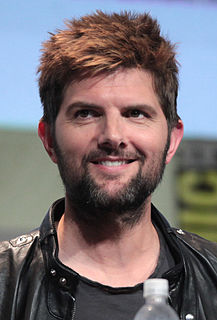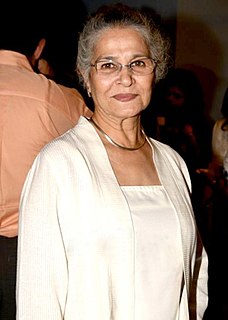A Quote by Diego Rivera
I did not know it then, but Frida had already become the most important fact in my life. And would continue to be, up to the moment she died, 27 years later.
Related Quotes
Later, she would remember these years, and realize with astonishment that she had, by fifteen, decided on most of the assumptions she would carry for the rest of her life: that people were essentially not evil, that perfection was death, that life was better than order and a little chaos good for the soul. Most important, this life was all. Unfortunately, she forgot these things, and had to remember them the hard way.
Daniel[her son] was without question the most important person in Anna Nicole Smith's life. From the time I met her, everything that she was doing was for Daniel. From the day Daniel died, Anna honestly was never the same. I would say that physically she died last week but in a lot of ways emotionally she died when Daniel died.
They loved, and quarreled, and made up, and loved, and fought, and were true to each other and untrue. She made him the happiest man in the whole world and the most wretched, and after a few years she died, and then, when he was thirty, he died, too. But by that time Catullus had invented the love poem.
And she [Eleanor Roosevelt]loves being a star. And she loves being a teacher and a leader and a mentor and a big friend. Also, she's tall. She's one of the tallest girls in the school. And she's an athlete. And she writes many years later, at the end of her life, she writes that the happiest day, the happiest single day of her life was the day that she made the first team at field hockey. And I have to say, as a biographer, that's the most important fact. I
My mother was very passionate about life and she would do anything for us. And she had to fight alone to raise us. We never had a lot of money for extras or anything. She had to work six days a week, and then she would do breakfast, lunch and dinner. She was a super-woman! For me, I don't know how she did it with three kids.
She was unaware that she was somewhat of a celebrity up in heaven. I had told people about her, what she did, how she observed moments of silence up and down the city and wrote small individual prayers in her journal, and the story had travelled so quickly that women lined up to know she had found where they’d been killed. She had fans in heaven..... Meanwhile, for us, she was doing important work, work that most people on Earth were too frightened even too contemplate.
Atul had a child from his first marriage but lost him when he was just 16 years old. His wife died 7-8 years later. He's really had a tough life. Probably these experiences have made him a more sensitive, caring and loving person... Had we been 20 years younger, we definitely would have had children.
My mother had a life-altering stroke when I was nineteen and she died when I was twenty-three. I'm now older than my mother when she died and my relationship with her has really changed over these many years. I continue to stay interested in her and I know her differently now. Losing my mother, losing dear friends, is now part of the fabric of my being alive. And the fabric keeps changing, which is interesting.
He had handed his daughter to Caroline Gill and that act had led him here, years later, to this girl in motion of her own, this girl who had decided yes, a brief moment of release in the back of a car, in the room of a silent house, this girl who had stood up later, adjusting her clothes, with now knowledge of how that moment was already shaping her life.
I've not had to ask permission from Geraldine to take the job. I'm one of the few men in this life who are not under the thumb. I'm stronger than that. Did she want me out of the house? Listen, she's wanted me out of the house for the past 27 years and has often asked me not to come back again. But I always show up, and really, she can't do without me, because I'm brilliant.


